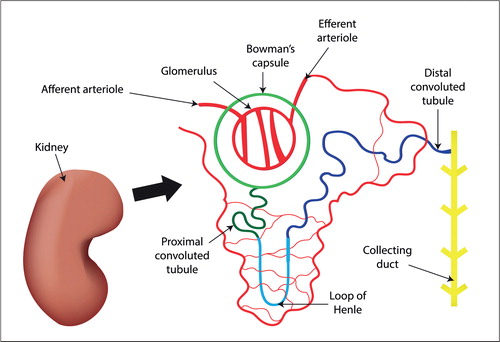Overview
There are two kidneys in the body located below the rib cage in the abdomen. The kidneys regulate salt and water in the body by filtering blood through millions of structures called nephron. Certain waste products are excreted by the kidneys in urine. Urine is made up of the excess water, salts and waste products passed out by the kidneys down to the bladder.
What is being tested?
The usual blood tests which check the function of kidneys are urea, creatinine and electrolytes like sodium and potassium.
How is the tests used?
A renal panel is useful to
-evaluate the function of kidney
– help diagnose kidney-related disorders
-screen those who may be at risk of developing kidney disease or to monitor those diagnosed with kidney disease.
– as a part of general health assessment.
Sample Required?
A blood sample drawn from a vein in your arm.
Test Preparation Needed?
Not needed.
What is being tested?
Urea is a waste product formed from the breakdown of proteins which may include dietary proteins or proteins from the breakdown of muscles. Urea is excreted in urine. High urea level in blood indicates that the kidney is not excreting it properly or there is dehydration.
Creatinine is a waste product derived from muscles. Creatinine is removed from the body by the kidneys, which filter almost all of it from the blood and release it into the urine. This test measures the amount of creatinine in the blood. Creatinine is usually a more accurate marker of kidney function than urea.
Creatinine depends on the size of the person and muscle mass because of this creatinine concentrations will be slightly higher in men than in women and children.
Sodium is an electrolyte present in all body fluids. It is vital to normal body function, including nerve and muscle function. A sodium test measures the level of sodium in blood.
Potassium is an electrolyte which helps in transporting nutrients into cells and removing waste products out of cells. It is also important in muscle function as it helps in transmitting messages between nerves and muscles. A potassium test measures the amount of potassium in the blood.
Calculated values may also be reported with a renal panel if required:


